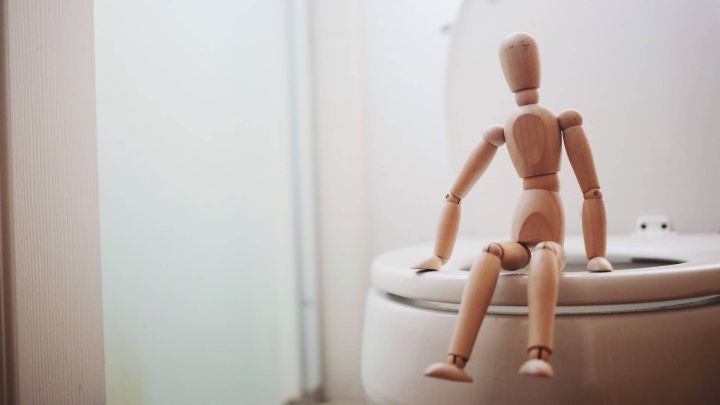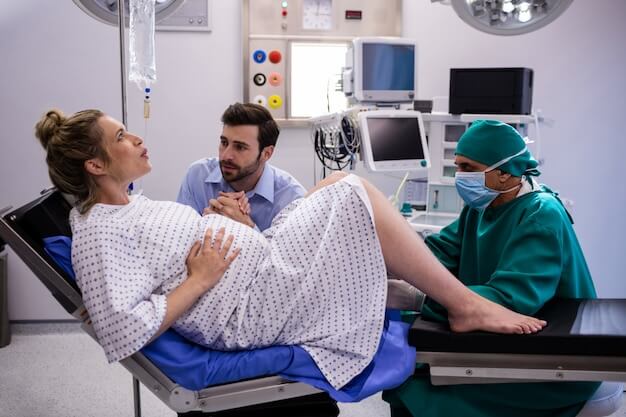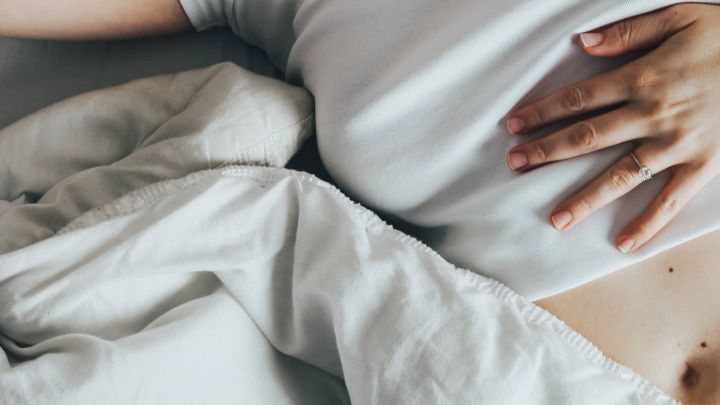Disease
How to prevent urinary incontinence?
Urinary incontinence, also known as incontinence, is a disease in which urine flows out involuntarily due to the loss of urinary self-control due to bladder sphincter injury or neurological dysfunction. Because female urethra is shorter than male urethra and has no physiological curvature, and women also shoulder the responsibility of pregnancy and childbirth, urinary incontinence is more common in middle-aged and elderly women.

What exactly is "incontinence"?
Urinary incontinence, also known as incontinence, is a disease in which urine flows out involuntarily due to the loss of urinary self-control due to bladder sphincter injury or neurological dysfunction. Because female urethra is shorter than male urethra and has no physiological curvature, and women also shoulder the responsibility of pregnancy and childbirth, urinary incontinence is more common in middle-aged and elderly women.
Data shows that nearly 45% of married and childbearing women have pelvic floor dysfunction to varying degrees, and nearly 20% of women have pelvic organ prolapse, urinary incontinence and other symptoms after delivery and late pregnancy, which seriously affect women's quality of life, and even produce psychological shadows and induce depression.
The International Association for Urinary Control classifies pelvic floor dysfunction (PFD) into stress urinary incontinence, pelvic organ prolapse, fecal incontinence, chronic pelvic pain and sexual dysfunction, which are called non fatal "social cancer".
There are two types of common urinary incontinence:
- Stress urinary incontinence is characterized by involuntary leakage of urine from the external orifice of the urethra when the abdominal pressure increases, such as coughing, sneezing, and exercise.
- Urgent urinary incontinence is characterized by inability to wait when there is a desire to urinate, or you will urinate in your pants.
How to prevent "urinary incontinence"?
Ella Chen Jiahua, a famous singer and SHE member, shared her production process when she participated in the variety show last year. She said that she had caused prolapse of the uterus and bladder during the production process, and her postpartum "urine leakage" had seriously affected her life. With the broadcast of the program, many unknown bitterness, such as postpartum urine leakage, uterine prolapse, urinary incontinence, have been hotly discussed.
While learning that childbirth is not easy, we should also call on women to face up to their bodies, especially women who have experienced pregnancy and childbirth. If they feel unwell, they must not avoid doctors. They should understand that any symptoms of urinary incontinence can be prevented and treated. The correct way to get rid of urinary incontinence is to seek medical advice in time and actively cooperate with treatment.

In general, the treatment of urinary incontinence includes two major approaches: non operation and operation.
For patients with urgent urinary incontinence and patients with mild to moderate stress urinary incontinence, non surgical treatment is the first choice. Generally, the symptoms can be improved by the following methods:
(1) Change your lifestyle. Attention should be paid to physical exercise. Obese people should lose weight, pay attention to nutrition, prevent constipation, and avoid physical labor or strenuous sports that increase abdominal pressure. Timely cure diseases that may increase abdominal pressure, such as asthma, cold, bronchitis and cough. The change of life style is also conducive to the prevention of urinary incontinence.
(2) Behavior Therapy. Such as bladder exercise, pelvic floor muscle training, pelvic floor biotherapy, etc., can improve the symptoms of urinary incontinence and improve the quality of life.
(3)The drug treatment needs to be carried out in a regular hospital, and the gynaecologist will give drug guidance according to the comprehensive judgment of individual conditions.
When the conservative treatment of stress urinary incontinence is not satisfactory, surgical treatment should be considered under the guidance of doctors.
At present, the commonly used surgical method in clinical practice is tension-free mid urethral suspension. Because of its advantages of small surgical trauma, rapid postoperative recovery, accurate and stable curative effect, low recurrence rate and fewer complications, it has a significant effect in the surgical treatment of stress urinary incontinence.
The drug treatment effect of patients with urgent urinary incontinence is generally very good, and a few stubborn patients can also obtain satisfactory results through sacral nerve regulator (commonly known as bladder pacemaker) implantation.
-
![]()
![]() DiseaseDec 23, 2024
DiseaseDec 23, 2024Prevention of cardiovascular disease is more important than treatment
-
![]()
![]() DiseaseDec 22, 2024
DiseaseDec 22, 2024What Do I Need To Do To Check Myself For Nasopharyngeal Carcinoma? What Tests Are Needed To Confirm The Diagnosis Of Nasopharyngeal Carcinoma?
-
![]()
![]() DiseaseDec 21, 2024
DiseaseDec 21, 2024What Causes Oesophageal Cancer? What Symptoms Can Esophageal Cancer Cause In The Body?
-
![]()
![]() DiseaseDec 20, 2024
DiseaseDec 20, 2024Uremia Is Most Likely To Be "Dragged Out", The Body Appears 3 "Abnormal", Check As Soon As Possible
-
![]()
![]() DiseaseDec 19, 2024
DiseaseDec 19, 2024The unknown intestinal flora is closely related to various diseases!




